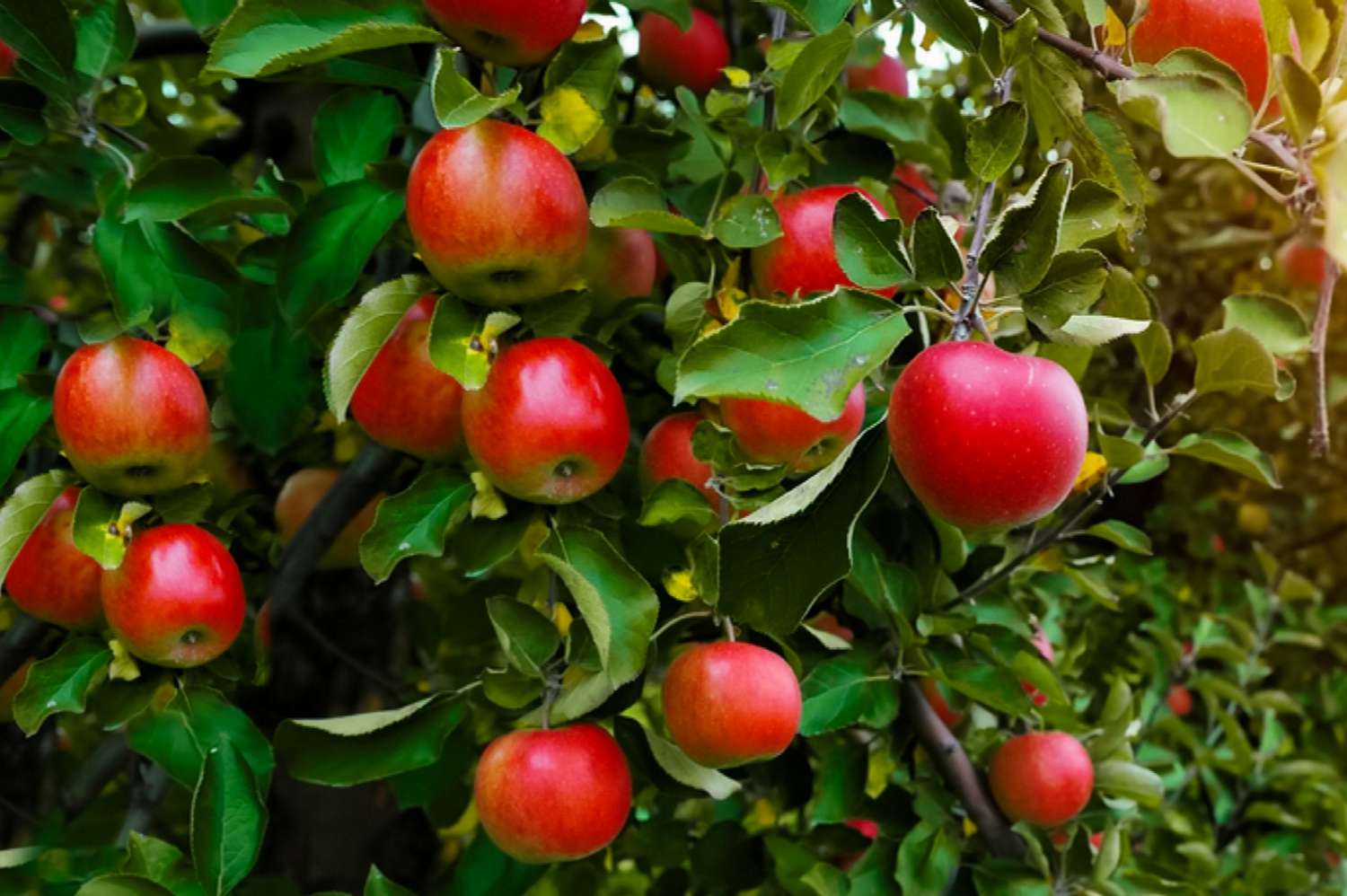This year, a late spring frost in New Hampshire killed the spring buds of many fruit trees, which means there will be fewer apples available for picking in the fall. Strange weather has an effect on everyone, but it’s especially disruptive for the farmers who grow the food we consume.
A fatal frost has finally arrived in New Hampshire, putting an end to the gardening season. Up until very recently, backyard gardens were overflowing with a variety of vegetables, including tomatoes (both green and red), squash, and cucumbers. Due to the abnormally high levels of precipitation that we experienced this summer, our garden produce emerged in prodigious quantities.
But there was something that was lacking, and that was local apples and peaches.
In the month of May, the apple trees in some backyards were completely covered in blooms and were busy with bee activity. Then a terrible event transpired. Late in the spring, on May 17 and 18, New Hampshire experienced a light frost that most of us took to be unimportant. A little bit of the cold, and we carried on with our lives as normal. However, the temperature dropped to 27 degrees and stayed that way for two days. Fruit flowers are susceptible to frost damage once the buds start to swell.
All Nighter
Farmers stayed up all night using wind machines to conserve the delicate blossoms. By doing so, they could pull down warm air and break up the pooling of chilly air that had formed amid the trees. These heroic efforts to carry warm air down did not succeed at Apple Hill Farm in Concord because there was no warm air available to bring it down.
Mother Nature prevailed in this battle, and as a result, several nearby orchards saw the majority or all of their apple and peach crops destroyed. It was unfortunate for those do-it-yourselfers who enjoy wandering around an orchard and choosing their own apples and peaches. Still, it was a catastrophe for the farmers whose incomes and farms are dependent on that annual crop.
The income from autumn festivals, homemade doughnuts, corn maze fun, and wagon rides can be helpful, but if an entire crop is destroyed, a farm may be forced to close its doors.
To this point, the majority of New Hampshire’s farmers have kept going, but we will need assistance when the weather becomes unpredictably severe with late frosts, excessive rainfall, or insufficient rainfall.
Farm Bureau of the State of New Hampshire
As a result, the New Hampshire Farm Bureau (NHFB) is putting a lot of effort into campaigning for improved crop insurance and local federal funding.
Recently, NHFB Policy Director Rob Johnson and President Joyce Brady went on a tour of devastated farms with the United States Senator Jeanne Shaheen. One of the farms they saw was Apple Hill, where the senator saw Chuck Souter’s trees with naked limbs where fruit should have been dripping from them. The objective was to demonstrate the nature of the issue to our senator and solicit her assistance.
“A significant portion of our nation’s agricultural strategy is directed at the production of commodities in the Midwest. Your family will be able to take their children’s apple picking at a nearby farm with the assistance of the New Hampshire Farm Bureau (NHFB). “It all comes down to the overall quality of life that we all have,” Johnson added.
Read more information about this issue here at the Miles Smith Farm website.
Do you want your company to be featured in The Concord Sentinel? Please contact us!




